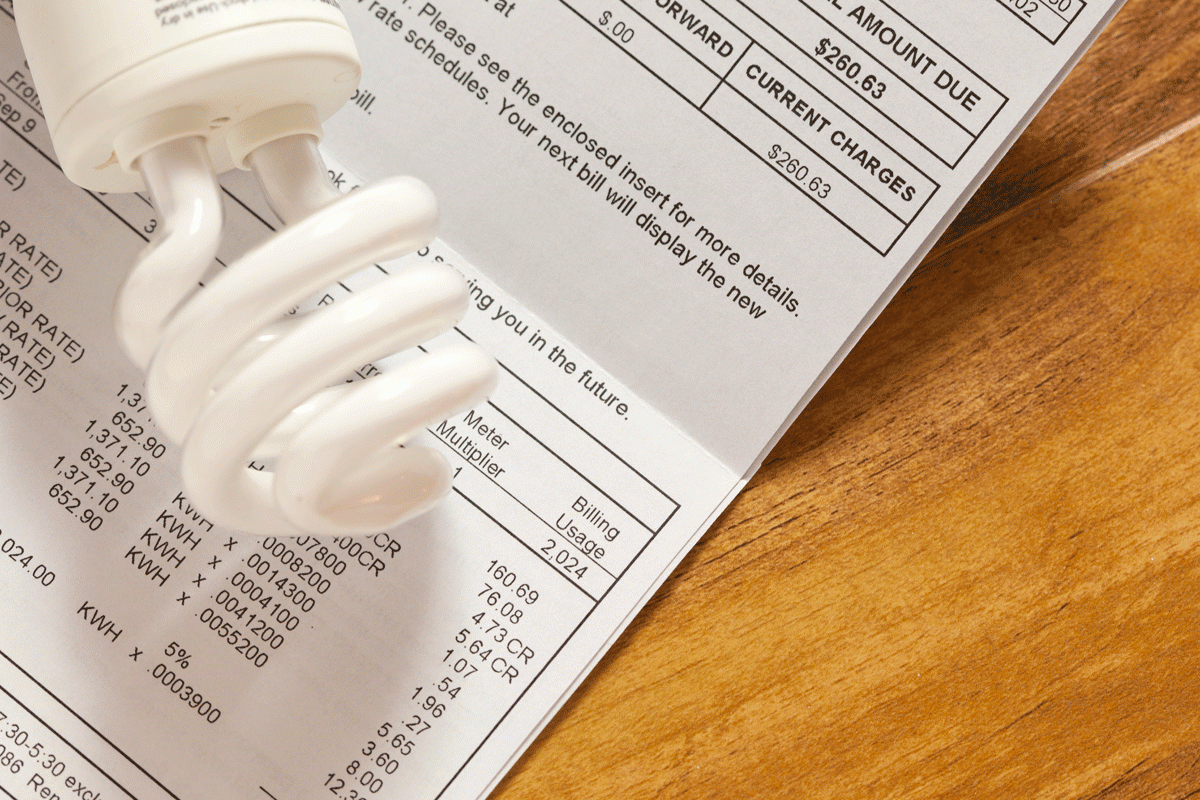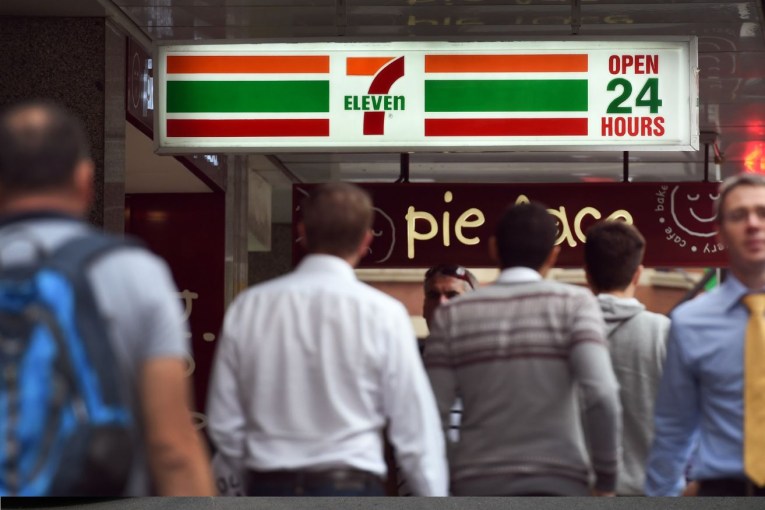Energy bills: Dodgy tactics exposed, and how to find the best deal


Online comparison sites can help consumers find the best energy deal. Photo: Getty
Consumers are finding it difficult to get a fair deal on vital gas and electricity, with energy retailers and commercial comparison sites under fire for alleged dodgy tactics.
Some of Australia’s biggest energy retailers have been accused of overcharging consumers, with government regulators in the midst of a crackdown on unscrupulous billing practices.
Debate over complexity and rising costs in the deregulated energy market is heating up as the federal election looms, with consumer advocates calling for greater transparency and an end to unfair billing tactics, such as so-called pay-on-time discounts.
On Friday, the consumer watchdog lodged Federal Court proceedings against consumer comparison site iSelect, with the site accused of making “false or misleading” claims about the independence of its energy comparison service.
The site “did not compare all available plans, and did not necessarily recommend the most competitive plan” when customers compared their energy plans through the site, despite its promises to compare all plans from partner retailers “in a specific location”, the Australian Competition and Consumer Commission (ACCC) said.
Earlier this month, the Federal Court hit Click Energy with a $900,000 fine for making “false and misleading” marketing claims about potential discounts and savings available to Victorian and Queensland consumers through the use of the controversial practice.
Consumer groups have slammed pay-on-time discounts as “late payment penalties masquerading as discounts”.
Click Energy, owned by budget telco Amaysim, was found to have misled consumers by telling them they could get discounts of between 7 and 29 per cent under its market energy offers if they paid their bills on time.
However, the discounts were calculated on the company’s market-offer rates, which were higher than its standing-offer rates available to all consumers, meaning that in some cases consumers effectively received no discount at all.
Tackling confusing and non-transparent pricing of essential services such as energy and telecommunications was announced as a priority for the ACCC in 2019.
The retail electricity market is already too complex and opaque for many households to navigate and get the best deal,” ACCC Commissioner Sarah Court said.
“Misleading claims like those by Click Energy only make it harder for everyday consumers to make informed choices on a major household expense,” she said.
Consumer Action Law Centre chief executive Gerard Brody said deregulation of energy prices has resulted in consumers being short-changed by energy retailers.
“Price deregulation has ripped off those who are struggling to make ends meet,” he said.
“The number of households disconnected have skyrocketed.
Energy retailers have created a mess and not acted in the interests of their customers. Their profits have soared.”
How to find the best energy deal around Australia
Shopping around online can be key to finding the best deal on energy, and it’s important to consult trustworthy sources.
There are a number of reliable online tools and resources from state and federal governments that are available to help consumers debunk the jargon and complex pricing systems used by energy retailers.

Online comparison tools can help consumers find the best deal. Photo: Energy Made Easy
In Victoria from July 1, households will be able to request that their energy retailer charge them a “default”, independently set electricity price determined by the Essential Services Commission under the Victorian Default Offer (VDO) scheme currently before state Parliament.
“Customers who have never shopped around will be transferred automatically from their present ‘standing offer’ onto the VDO from their retailer,” the ESC said.
Until June 30, the Victorian government will also pay a $50 “power saving bonus” to consumers for searching for the best gas and electricity deal via its comparison website.
In New South Wales, the state government’s Energy Switch website independently compares the best plans from all providers to help consumers switch to the best deal. It will also notify you when it’s time to review your plan.
For the rest of the country, the federal government’s Energy Made Easy website provides guidance on how to read your electricity and gas bills, compares your energy usage with others in your area, and includes a comparison tool to help you find the right plan.
The website also provides details of concessions and rebates available around the country.








